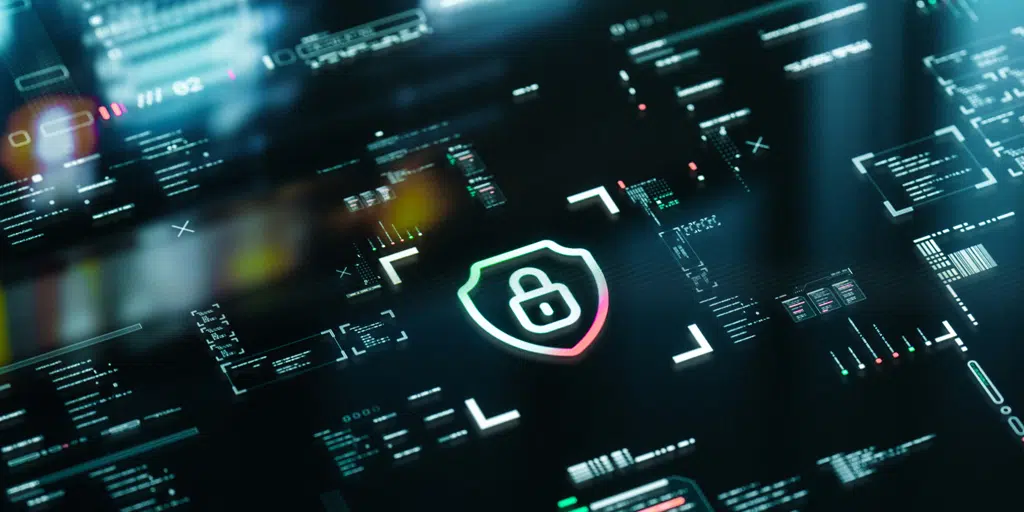CMMC 2.0 Legal Risks: Why Compliance Now Protects Your Business
If you work in the Defense Industrial Base, you already know the alphabet soup is real—CMMC, DFARS, FAR, NIST, FCA, DOJ. And you’ve probably felt that gap between technical controls and legal exposure. We see it every day. Good teams with solid cybersecurity get […]
CMMC 2.0 Legal Risks: Why Compliance Now Protects Your Business Read More »








